BP shares yield an incredible 8% – but can it really keep paying out?
BP has had a terrible few years, yet has promised to keep paying its dividend. Is that tempting yield of 8% really as safe as it sounds? Matthew Partridge investigates.

Get the latest financial news, insights and expert analysis from our award-winning MoneyWeek team, to help you understand what really matters when it comes to your finances.
You are now subscribed
Your newsletter sign-up was successful
Want to add more newsletters?

Twice daily
MoneyWeek
Get the latest financial news, insights and expert analysis from our award-winning MoneyWeek team, to help you understand what really matters when it comes to your finances.

Four times a week
Look After My Bills
Sign up to our free money-saving newsletter, filled with the latest news and expert advice to help you find the best tips and deals for managing your bills. Start saving today!

BP hasn't had a great five years.
In 2010, the Deepwater Horizon disaster led to endless legal battles and billions in compensation.
High oil prices between 2011 and 2014 helped to offset these losses. But they're gone now. And that's had a big impact on BP's bottom line. This week, BP announced that stated profits had fallen by half to $5.9bn in 2015.
MoneyWeek
Subscribe to MoneyWeek today and get your first six magazine issues absolutely FREE

Sign up to Money Morning
Don't miss the latest investment and personal finances news, market analysis, plus money-saving tips with our free twice-daily newsletter
Don't miss the latest investment and personal finances news, market analysis, plus money-saving tips with our free twice-daily newsletter
Yet CEO Bob Dudley has decided not to cut the dividend, in the expectation of prices recovering. On a yield of 8% or so, that would make BP a steal.
But can he keep his promise?
Is betting on an oil price recovery a sensible strategy?
He might be right about rising prices. US shale producers one of the main drivers of the current over-supply are hurting. Credit ratings agency S&P has downgraded many of them. The three biggest shale firms now all have "junk" status. Fadel Gheit of Oppenheimer believes that half the companies in the sector could end up going under.
But this clearout will take time. And even if a clearout does take place, allowing prices to bounce, new shale operators will return to the sector as soon as it becomes viable. That will drive production higher again, and cap prices.
Certainly, it's hard to see how prices could go above $65 a barrel, which research firm Rystad Energybelieves is the "breakeven" level for shale oil. And as technology keeps improving, that breakeven point will only get lower.
BP's dividend policy also makes it particularly vulnerable to unforeseen shocks. For example, Deepwater Horizon still has the potential to spring nasty financial surprises.
BP finally reached a $20.8bn deal with the US government and the states affected. But civil compensation costs continue to mount. And that's just the American claims. The oil giant also faces a legal challenge from Mexican groups, which could further increase costs.
Maybe that won't end up being an issue. And maybe the oil price will bounce back more rapidly than anyone thinks.
But even if there is a rebound in the oil price, BP may be in no state to take advantage. The company is slashing investment. A few days ago it said that it was going to fire 3,000 people in the exploration division. This will hinder efforts to find new oil fields to replace those being exhausted bad news for the long-term health of the company.
So is prioritising the dividend especially when the market clearly expects a cut really the right thing to do?
What you really need to focus on when it comes to dividends
You can calculate the ratio out by dividing earnings per share (EPS) by dividend per share. The rule of thumb is that the ratio should be more than 1.5, and ideally 2. Those firms with a ratio of less than one will probably need to cut their dividends.
It's clear that in the case of BP, the oil giant falls short. Headline EPS of 32p in 2015 and projected profits of 22p this year are simply not enough to cover a dividend of 40p, producing ratios of 0.8 and 0.55 respectively. Indeed, the dividend would have to fall to just under 15p for the payout ratio to rise to a comfortable level.
BP is a good illustration of why investors need to focus on the sustainability of dividends, rather than just the juicy-looking yields. I covered this topic in more detail in the magazine a few months ago. (If you're not already a subscriber, now's a good time to sign up).
Alternatives to BP
And with oil companies cutting production and Saudi Arabia and Russia rumoured to be discussing a potential deal (though it's very much rumour at the moment), prices could recover (or at least bounce) sharply.
The chief executive of Exxon (NYSE: XOM) thinks that the company could be successful at a lower oil price of around $50 a barrel. Exxon has a much more sustainable yield of 3.7% and has enough cash on hand to take over weaker competitors.
Get the latest financial news, insights and expert analysis from our award-winning MoneyWeek team, to help you understand what really matters when it comes to your finances.

-
 Should you buy an active ETF?
Should you buy an active ETF?ETFs are often mischaracterised as passive products, but they can be a convenient way to add active management to your portfolio
-
 Power up your pension before 5 April – easy ways to save before the tax year end
Power up your pension before 5 April – easy ways to save before the tax year endWith the end of the tax year looming, pension savers currently have a window to review and maximise what’s going into their retirement funds – we look at how
-
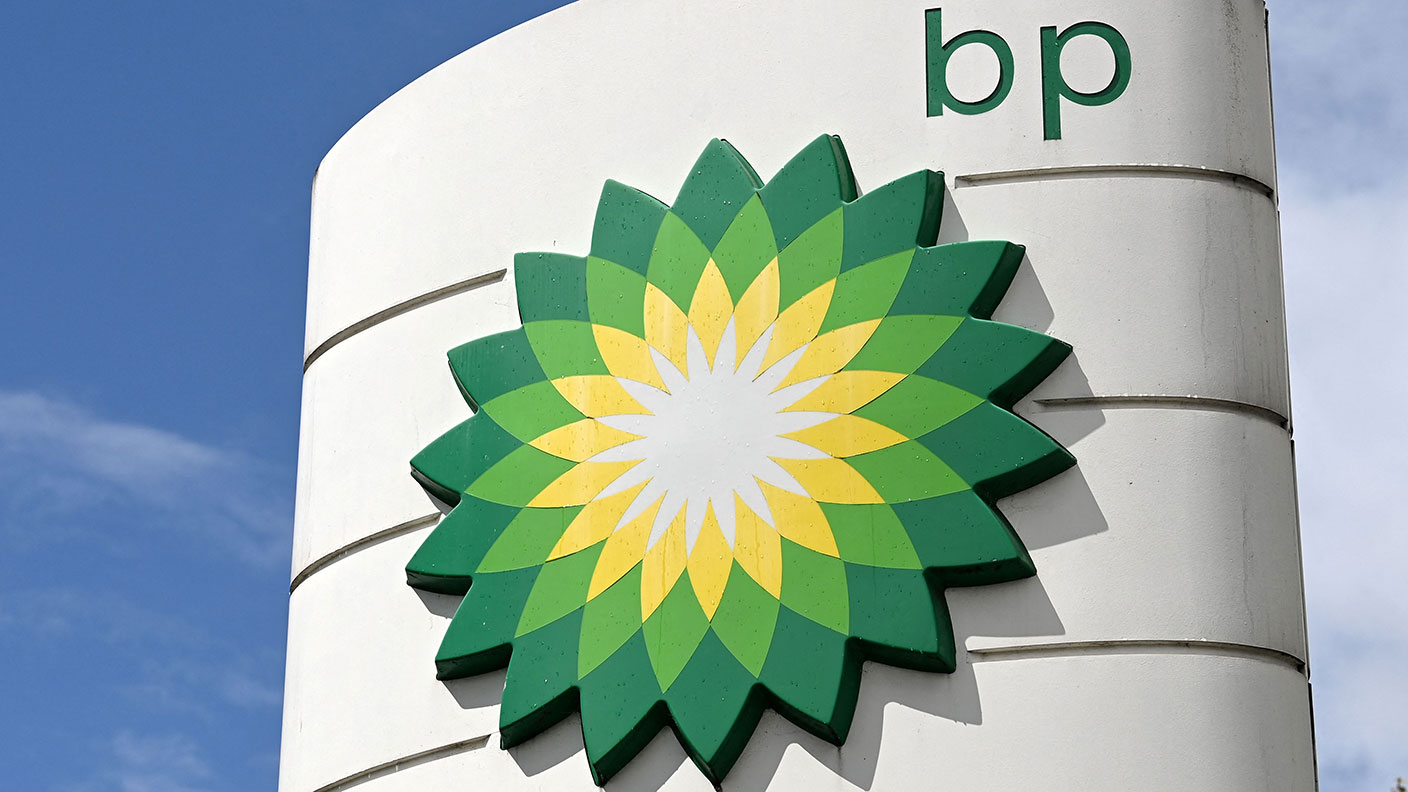 As oil prices surge, should you buy BP shares?
As oil prices surge, should you buy BP shares?Analysis The imbalance between supply and demand has sent the oil price surging, bringing bumper profits to oil giant BP. Rupert Hargreaves looks at the numbers and asks if BP shares deserve a place in your portfolio.
-
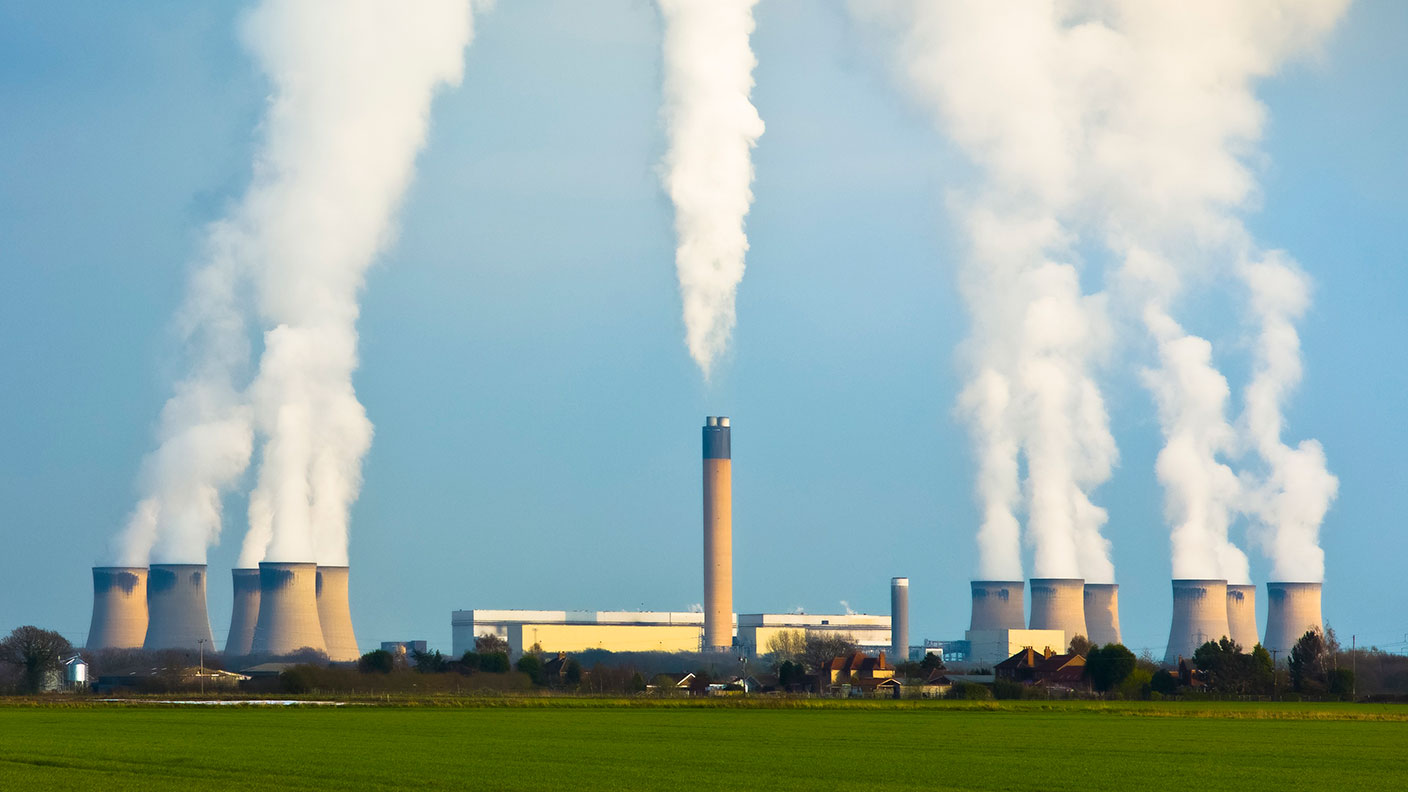 Should you be worried about energy windfall tax proposals?
Should you be worried about energy windfall tax proposals?Analysis Calls have been growing for a windfall tax on UK oil and gas producers. It's a popular idea, but is it a good one? And what does it mean for investors in the UK's energy companies? Rupert Hargreaves explains.
-
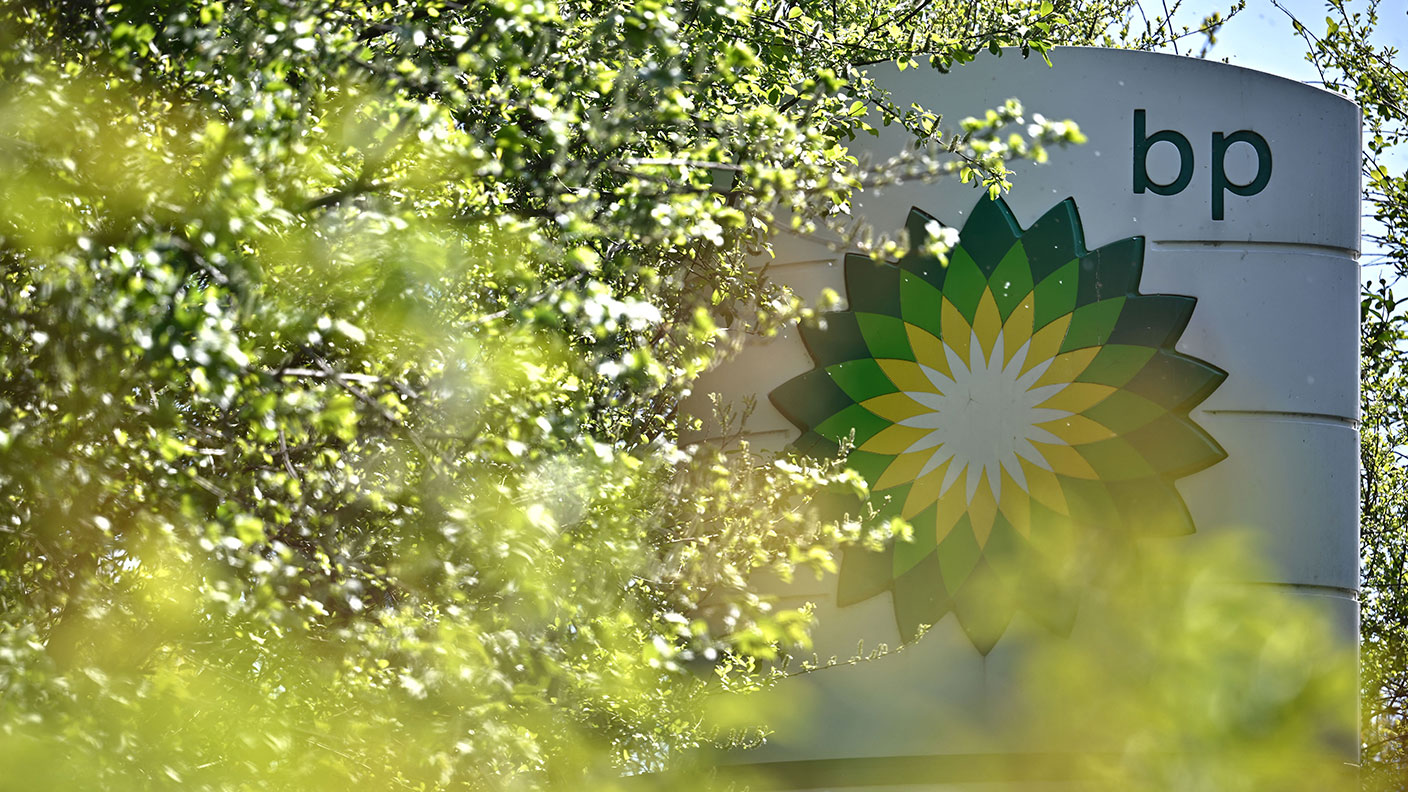 BP’s profits surge, but the company’s growth is far from guaranteed
BP’s profits surge, but the company’s growth is far from guaranteedAnalysis BP profits are at their highest in a decade, and it looks to be a business firing on all cylinders. But its future is far from certain, says Rupert Hargreaves.
-
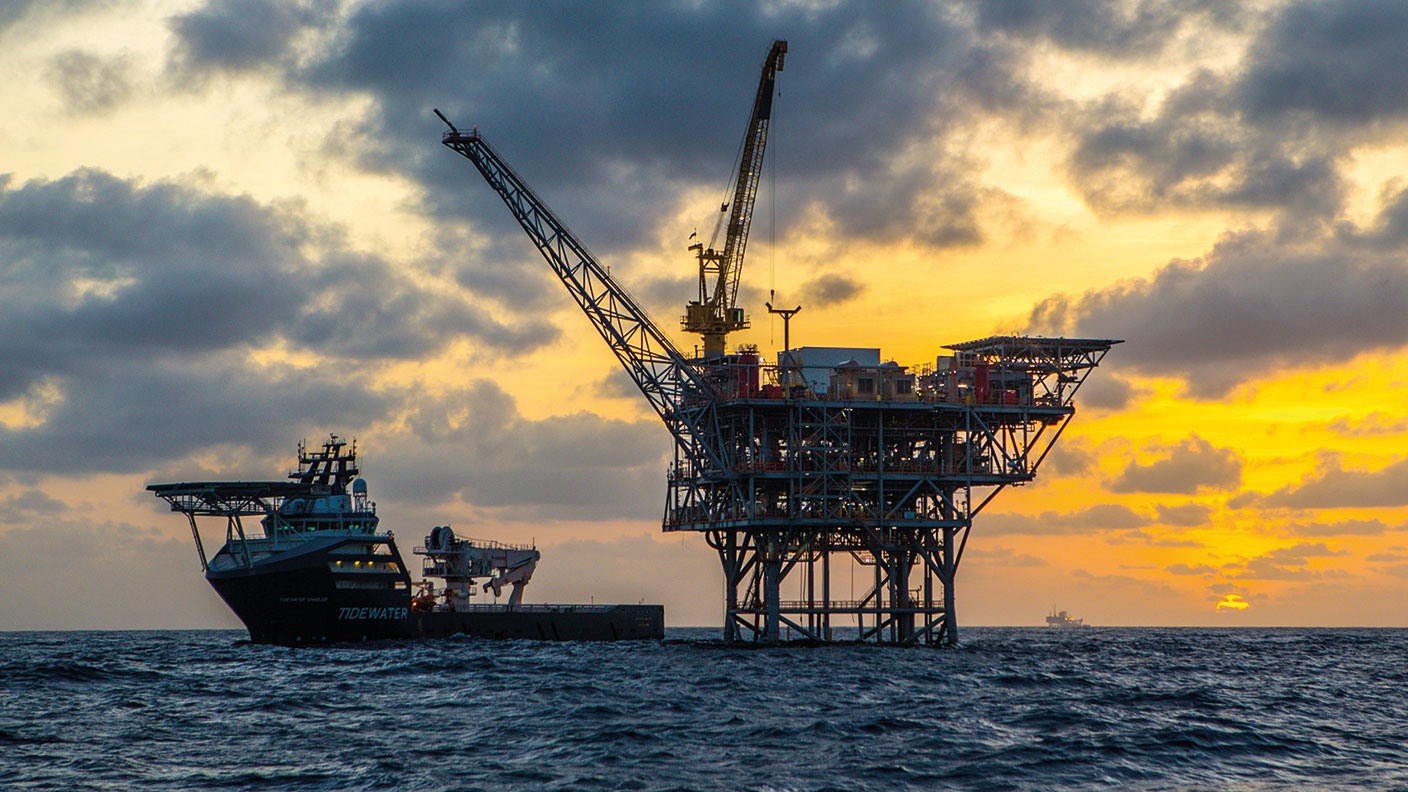 BP: really going “beyond petroleum” won't be easy
BP: really going “beyond petroleum” won't be easyNews BP is recovering and plans to become carbon neutral by 2050. Meanwhile, activist investors are targeting ExxonMobil. Matthew Partridge reports
-
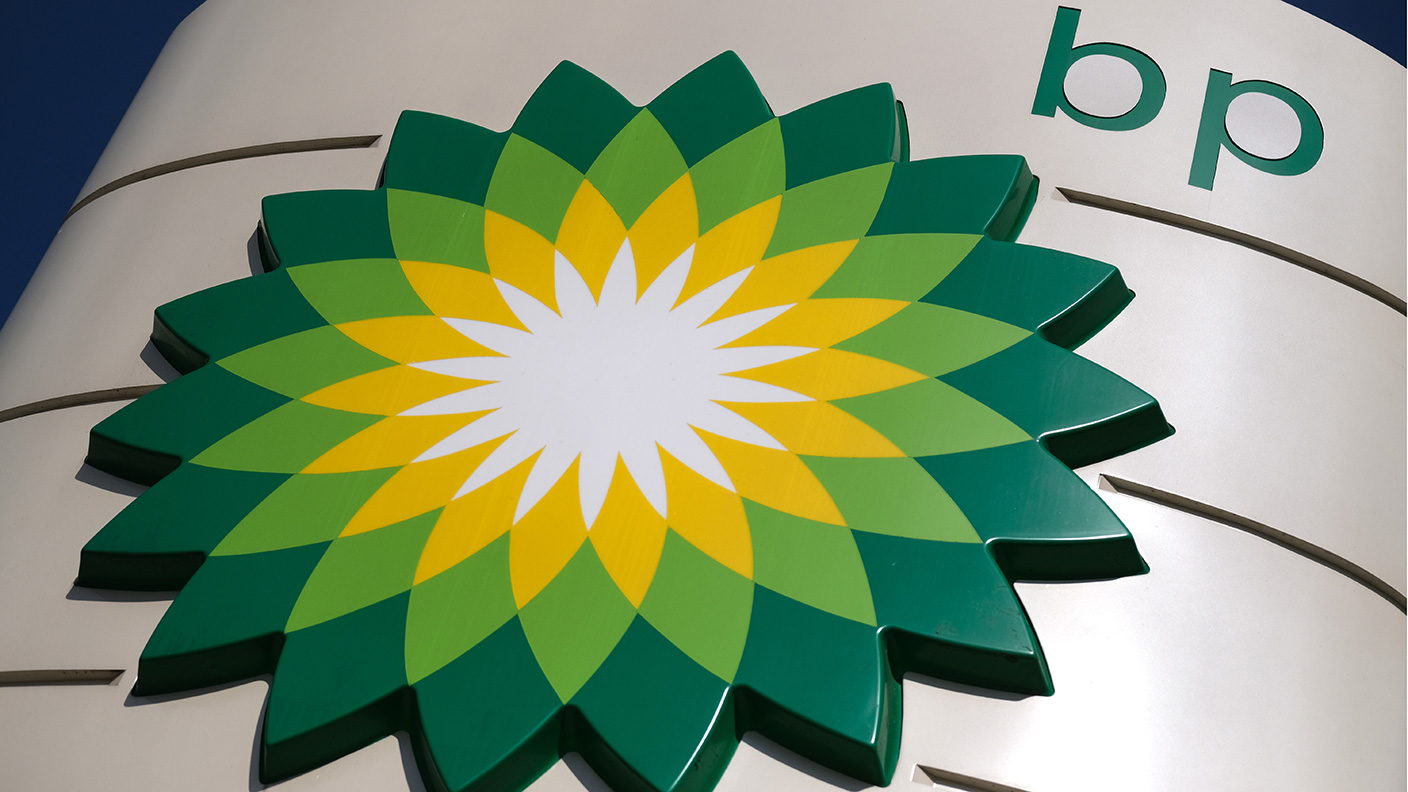 BP looks set to return more money to shareholders as it beats expectations
BP looks set to return more money to shareholders as it beats expectationsNews Oil major BP is to embark on a share buyback programme after significantly reducing its debts. Saloni Sardana looks at what it means for your portfolio.
-
 BP has slashed its dividend – and markets love it
BP has slashed its dividend – and markets love itOpinion BP has bowed to the inevitable and cut its dividend in half – and its share price promptly rose. John Stepek explains what it means for shareholders and for beleaguered income investors.
-
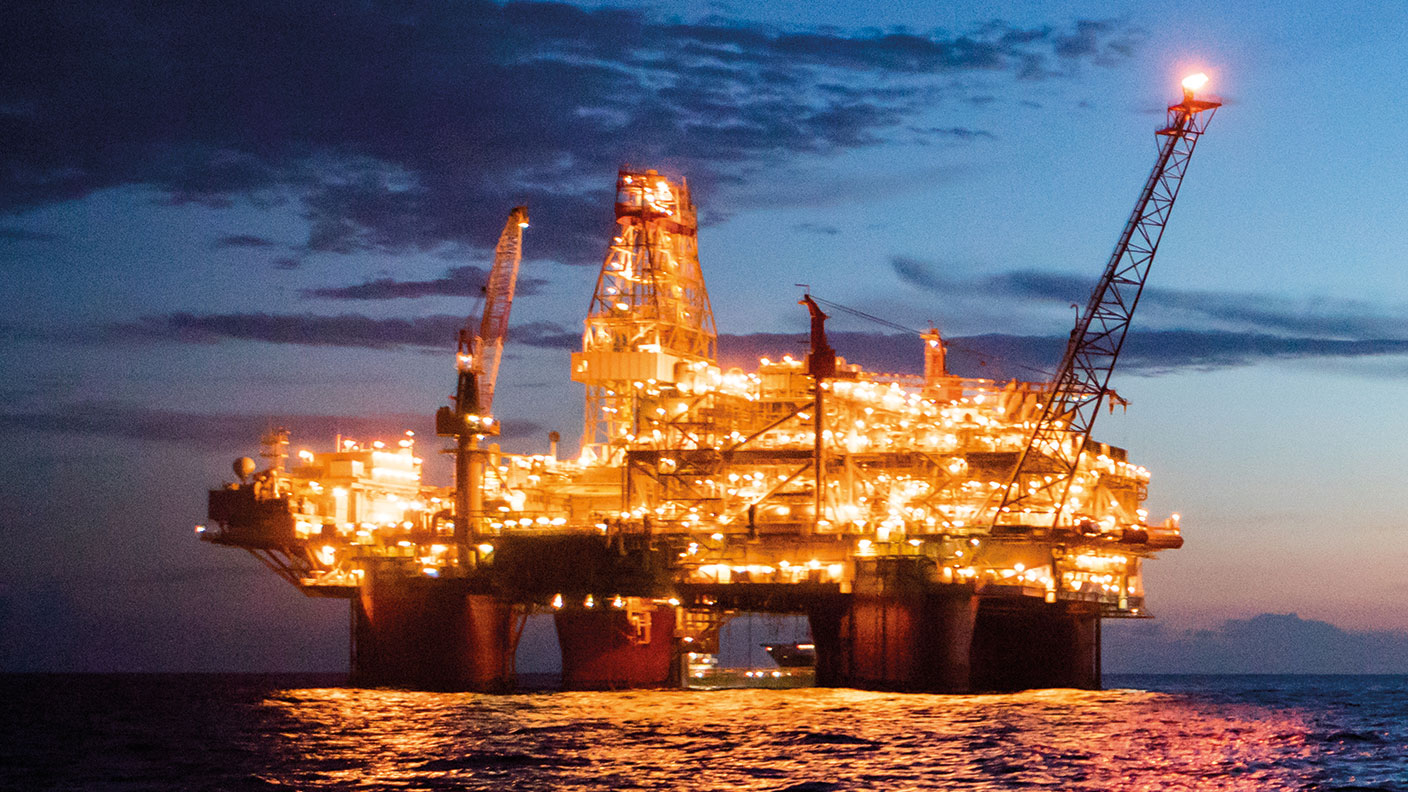 BP bows to reality as it writes down $17bn of assets
BP bows to reality as it writes down $17bn of assetsNews The oil giant has ditched its conspicuously bullish outlook and written down the value of its assets. Will it cut its dividend too? Matthew Partridge reports
-
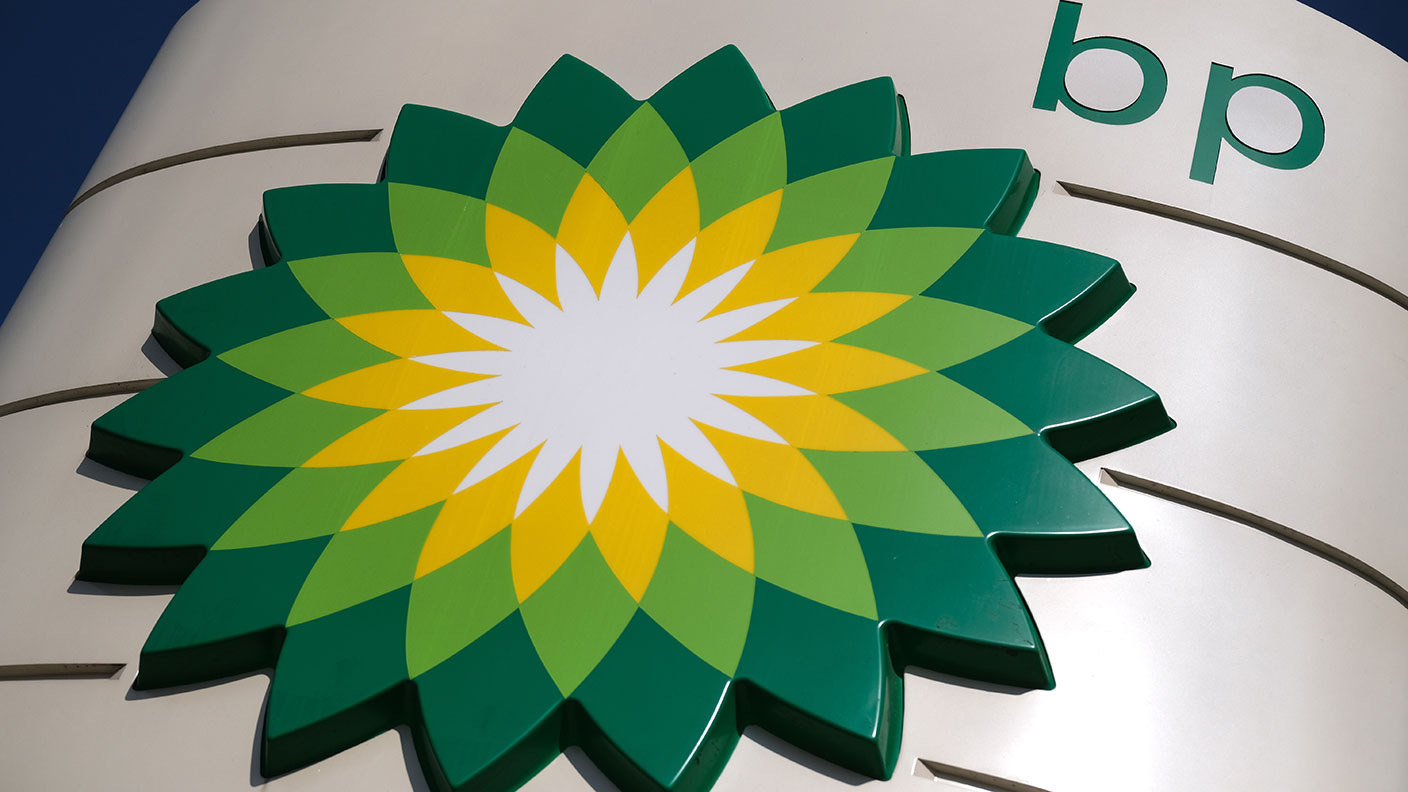 Watch out income investors – BP looks likely to cut its dividend in the near future
Watch out income investors – BP looks likely to cut its dividend in the near futureOpinion Oil major BP is writing billions off the value of its assets as it struggles to adapt to the changing world. Unlike Shell, however, BP hasn’t yet cut its dividend. But, says John Stepek, it’s only a matter of time till it does.